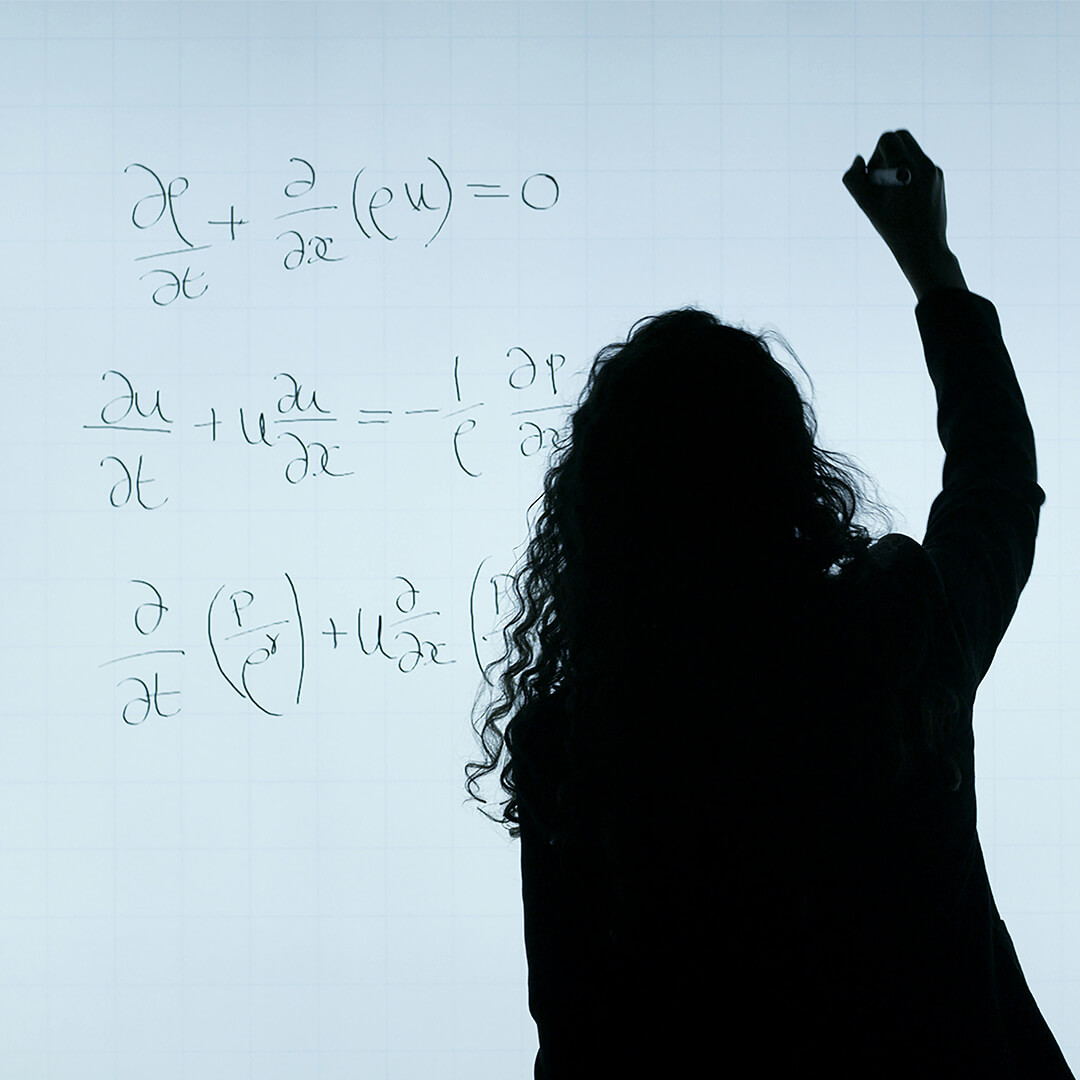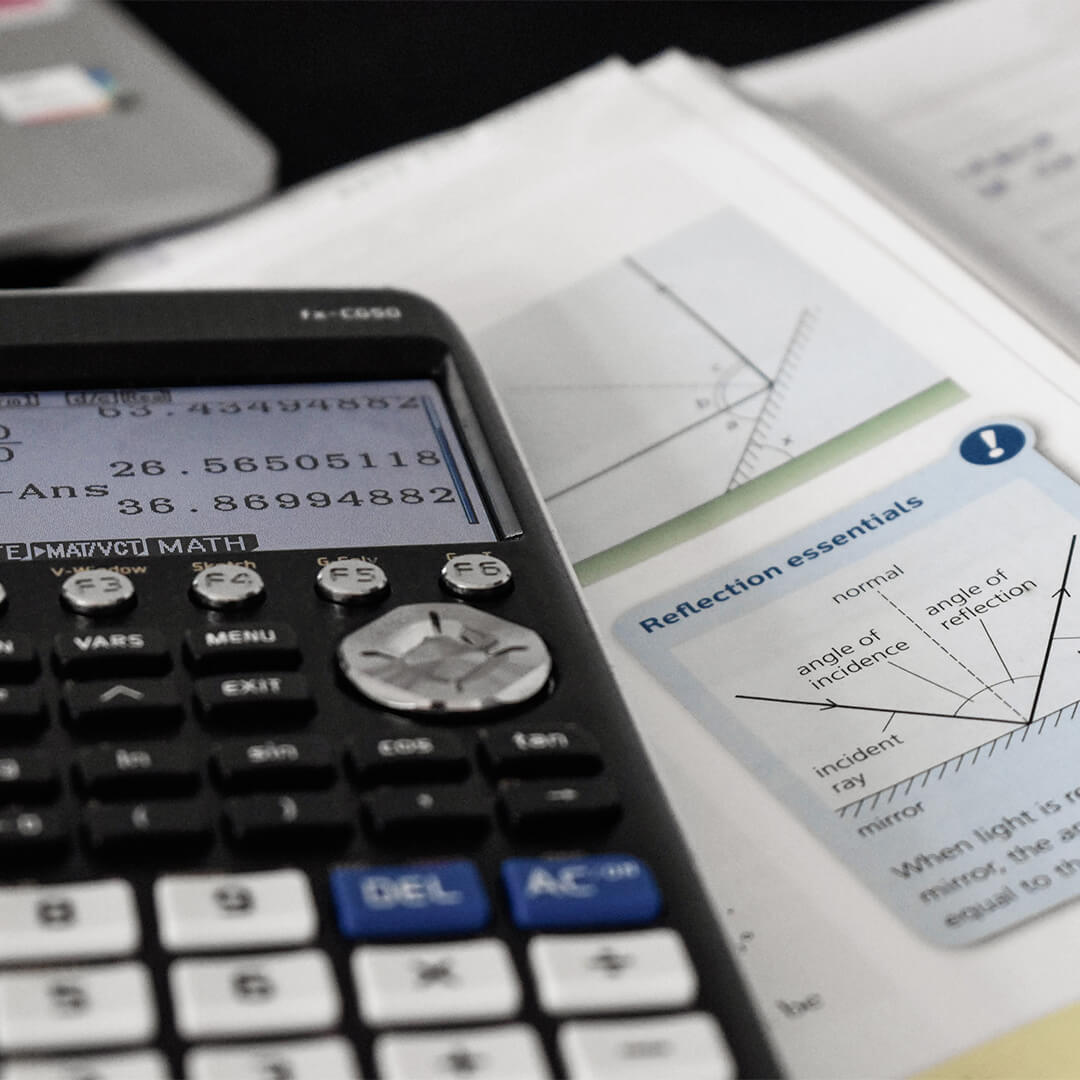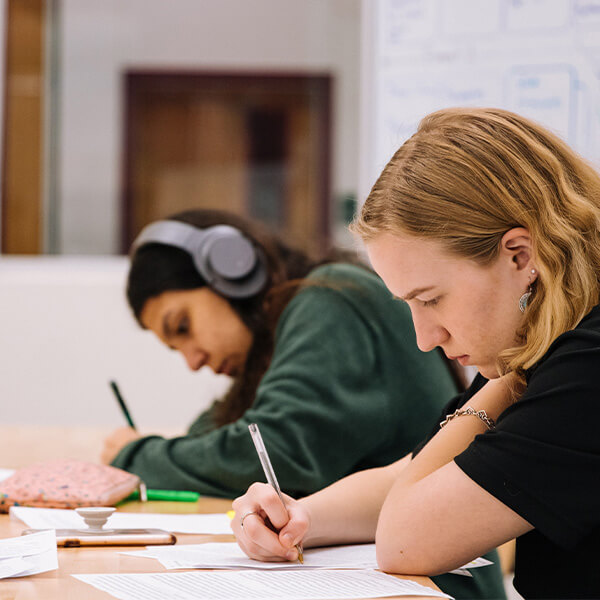Course Finder
A Level Economics 2025-27
Economics is not simply all about numbers. It is the study of the world around us from a social, financial and cultural perspective, gaining an understanding of economic theories and interrelationships between macro and micro economic issues. You will develop your analytical, numeric, communication and problem-solving skills and cultural awareness.
-
2025-2026
-
16 to 18
-
Full Time
-
A Level
A Level Further Mathematics 2025-27
A level Further Maths will take your understanding of maths further than ever, within Core Pure Mathematics unit, you will explore theorems and concepts by some of the most influential mathematicians, and learn many techniques only seen within Higher Education courses. This A level must be taken alongside A level maths, allowing you to view theory not covered across the Maths specification.
-
2025-2026
-
16 to 18
-
Full Time
-
A Level
A Level Mathematics 2025-27
A level mathematics will allow you to explore and build on the concepts covered within GCSEs and open your mind to new techniques and methods, and develop problem solving and reasoning skills used within thousands of potential careers. You will develop your understanding of pure mathematical concepts and apply your knowledge to real life contexts across statistics, interpreting real life data and mechanics, exploring the forces affecting the world around us.
-
2025-2026
-
16 to 18
-
Full Time
-
A Level
Level 3 Certificate in Mathematics in Context 2025-27
Mathematics in Context is real life maths for real life problems. Explore mathematical concepts the way that the professionals do, exploring theory and immediately applying this to a real life scenario/career where it would be present.
-
2025-2026
-
16 to 18
-
Full Time
-
Vocational
Functional Skills Maths (Fast Track) 2024-25
With our fast track maths course, you can count on us to get you a maths qualification...FAST! This programme includes a week of intensive study to prepare you for an exam and you'll get a recognised maths qualification after passing.
-
2024-2025
-
Adult Learner
-
Part Time
-
Vocational
GCSE Maths Sept 2025
Study Maths GCSE part time with us during the daytime and on an evening attending for 2 1/2 hours per week at our Peterlee Campus.
-
2025-2026
-
16 to 18
-
Adult Learner
-
Part Time
-
GCSE
NCFE Level 2 Diploma in Skills for Business
The course includes a combination of 14 hours per week coursework marked unit assessments, as well as practical demonstrations of customers service and presentation skills - essential for entry into local travel, tourism or business employment. You are provided with a educational visits to local and regional travel, tourism and business organisations to put your learning into practice and to support achievement of the unit assessments. You are required to complete at least 36 hours of industrial experience as well as up to 6 hours per week of literacy and numeracy depending on your GCSE or other entry qualifications.
-
2025-2026
-
16 to 18
-
Adult Learner
-
Part Time
-
Vocational
Pearson BTEC Level 3 National Foundation Diploma in Business
Btec Business Level 3
-
2025-2026
-
16 to 18
-
Adult Learner
-
Part Time
-
Vocational
Distance Learning - Business Administration (Level 2 Certificate) 2024-25
Want to get to grips with business admin? This distance learning course is completely FREE of charge and gives you a full level 2 qualification.
-
2024-2025
-
Adult Learner
-
Distance Learning
-
Distance Learning










